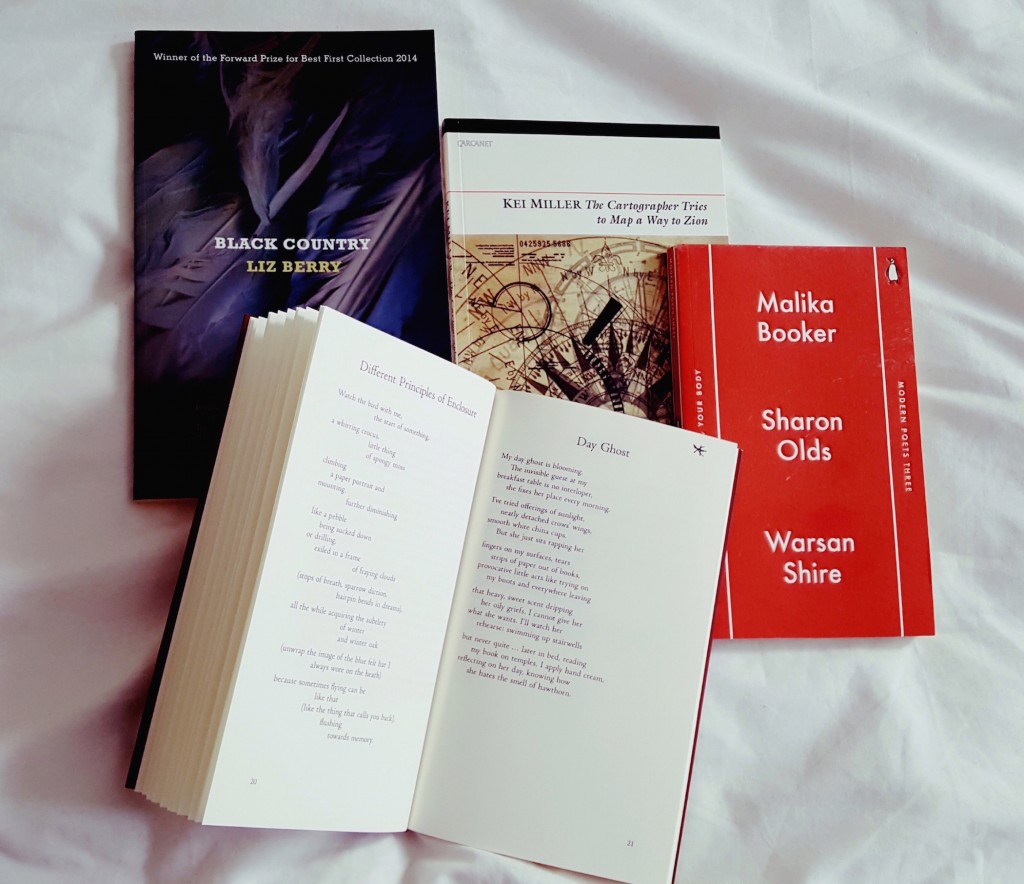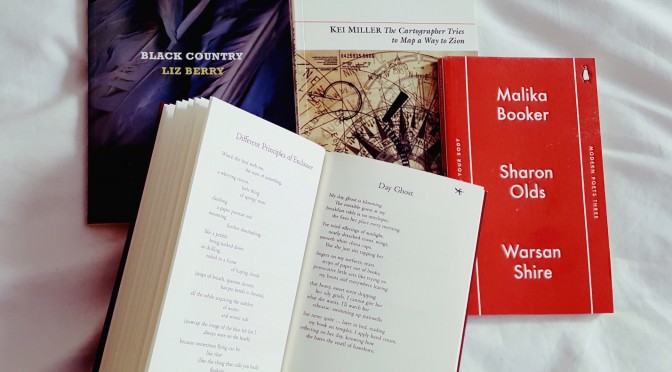Nadia Saward graduated from King’s College London with a BA in English Language and Literature. One of her poems was shortlisted for the Bridport Poetry Prize in 2016. She is about to start an MA in Creative Writing Poetry at Royal Holloway, University of London.
*
Swallow
The red dirt of the pyramids
was still under my wing, when I found
a town with roofs like small mountains
and a crying prince.
And a crying prince
with September- blue eyes, only wished
for blindness. I gave it to him.
A sapphire for your son, a ruby for your mother.
A sapphire for your son, a ruby for your mother,
goes my song. I drop jewels down
coughing chimneys- in the morning
they will think the stars have fallen.
They will think the stars have fallen,
and thank their gods.
I nestle in the hollow between your legs,
and wait for night to come.
And wait for night to come,
to visit the woman at the window,
time scars her face. Hands whittled to bone.
I coat her skin with gold.
I coat her skin with gold,
let it gather, light as snow
on the sill, until all she sees is
the sun’s widening mouth.
The sun’s widening mouth
brings me no warmth.
Cold feathers my throat.
In the morning they will find me,
a beggar at his feet.
*
The process of writing every poem is different. It depends on the poem.
For me, the writing process can take two distinctive forms. In the first form, and probably the one that happens the most, I will think of a good phrase or image. Then, I will have to hurriedly note it down, most likely on my phone. I have noticed this tends to happen the most when I’m on the tube, in the shower or trying to sleep. In other words, these images appear when my mind is idle. When I decide to turn this phrase into a larger poem (which can happen weeks after I initially think of it) I use it as the origin, or centre point. I let the poem build around it.
In the second form of my writing process, research comes first. This is often the case when I am writing for competitions, where they need a poem on a certain theme or in a particular style. I sit down and brainstorm. This is process through which Swallow came about. I knew I wanted to write a poem from the perspective of the swallow in Oscar Wilde’s short story, The Happy Prince, which was a favourite bed-time tale of mine growing up, but no lines immediately rushed out to me.
So, I sat down and read through the work of some of my favourite poets. Kei Miller, Robin Robertson, Mona Arshi and Liz Berry always help to inspire me. My first stop is always Kei Miller. His writing is faultless, with line breaks that never feel artificial, and humorous, vivid language. My favourite poem of his is called ‘If this short poem stretches’, it ends with a wonderful line which I always try to remember when I have writer’s block: ‘The poem sings its own song, / reaches its own end in its own time.’
When I’m struggling to find the right words, I look to Robin Robertson. In ‘Swimming in the Woods’ he describes the act of someone swimming; ‘When she stopped, the water stopped, / and the sun re-made her as a tree,/ banded and freckled and foxed.’ Although there is nothing extraordinary about the words he uses, together they create a subtle, haunting image.

Before I know it I’ve got a phrase here, an image there. Writing Swallow, I realised that I wanted to try and write this poem in a specific form, where the last line of each stanza is repeated in the first line of the next stanza. I think it is a form of pantoum, but I have taken some licence in the structure. Trying to fit my ideas into this format proved difficult. I was aware that the repeated lines needed to carry different meanings depending on their placement in the stanza. Otherwise, the repetition would feel drawn out and heavy. Even in this draft, I think I am yet to achieved the desired effect.
Hopefully, once this poem is completed, it will be the first in a collection. In an attempt to draw myself away from writing what I know, which is an easy trap to fall into, Swallow is the first poem in a series that will take the minor characters from famous fairy tales, be they human or animal, and give them a voice. Writing about these characters will be a way for me to mesh stories that are familiar in my imagination with a difficult poetic exercise, and I can only hope good things will come of it.
You may also like to read
Ruth Padel drafts Capoeira Boy
Long Read: Just Women and Violence
Blog posts on King’s English represent the views of the individual authors and neither those of the English Department, nor of King’s College London.

